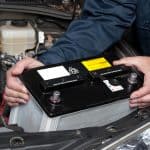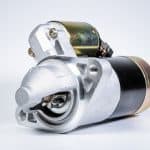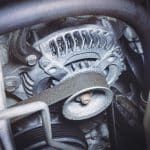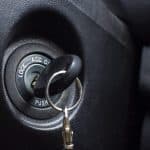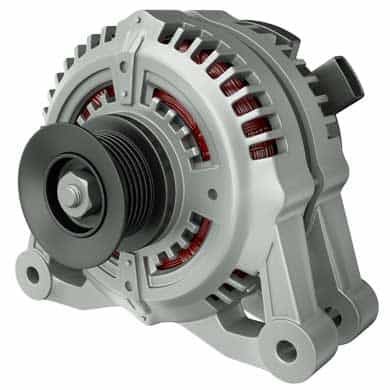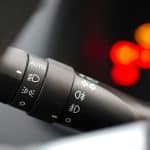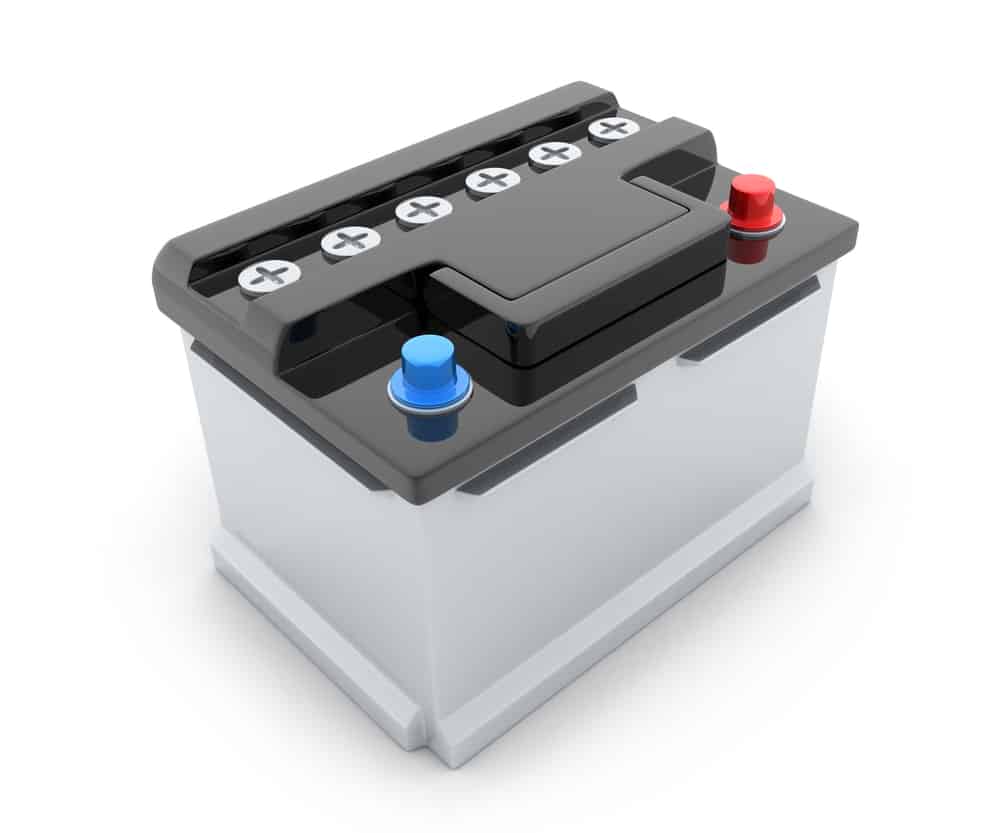
Batteries provide the essential power to a car’s spark plugs in order to start the engine. Whilst a failing battery will not generally result in your car breaking down on the road, it will prevent your vehicle from being started. We’d always advise that you do a quick visual inspection of your battery any time you open the bonnet of your car to check the oil, top up brake fluid or refill the car’s water tank. This way you should be able to anticipate any problems with the battery before they happen, preventing that awkward moment in the morning where your car won’t start.
The most common problem signs to watch out for with a battery are as follows:
– Cracked case or bulging battery cover
– Signs of electrolyte leakage on the outside of the battery
– Frayed, cracked or worn insulation on the cables for the battery
– Brown, rust-like corrosion on the battery’s terminals and posts
– Loose or missing fixing hardware
Any actual physical damage to the body of the battery means that you should replace the entire unit at your earliest possible opportunity. Damaged batteries can leak in the engine and corrode other parts, so any sign that the battery’s casing is not in good condition should be taken seriously. Equally you should replace frayed, worn or broken cables as soon as possible as these are a vital part of the engine’s starting system, carrying the charge that’s used to start the combustion process.
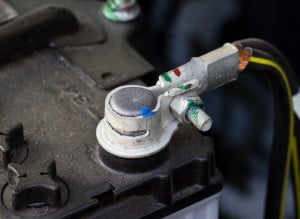
In order to make sure your battery is in good condition you should check the top of your battery for dirt and electrolyte. Too much electrolyte on the top of the battery is usually caused by overfilling and is not a cause for concern – rather a sign that you should be more careful next time you fill your battery. However, you will need to remove any dirt from the top of the battery as this can form an electrical bridge that can cause the battery to discharge when the vehicle is at a standstill. Finally take a look at the fixings for the battery – any looseness could allow the battery to vibrate and the connections could be dislodged.
Older batteries that have to be topped up manually should be checked around once a month. As these batteries use a mix of water and acid in the cells to form the electrolyte the water can evaporate during the summer months. If the water drops too low then the battery will cease functioning. Use a screwdriver to pull of the cell cover to inspect the electrolyte levels – this should be well above the plates. Most batteries have an indicator that shows the correct level of the electrolyte. If the fluid does not reach this level then you should add distilled water – not tap water due to impurities within the liquid – to bring it up to the normal required level. When you add the water only use a plastic container or funnel as a metal one could touch the plates and cause the battery to discharge rapidly, which could injure you.
It is very rare for a battery cell to run completely dry. Usually you will only have to add distilled water to the battery and if you see that a cell has run completely dry then you should check the battery to make sure there are no cracks in the casing. Also never add acid to a cell that already contains electrolyte – this can damage the electrical balance of the battery and cause failure.


